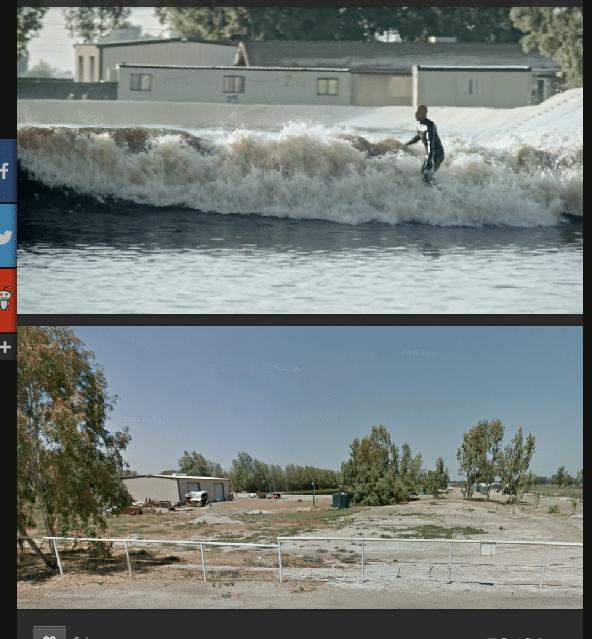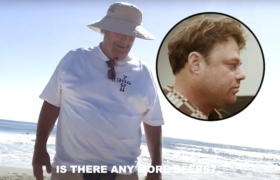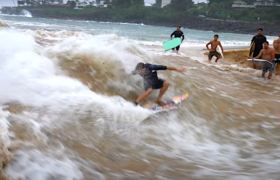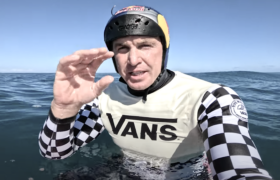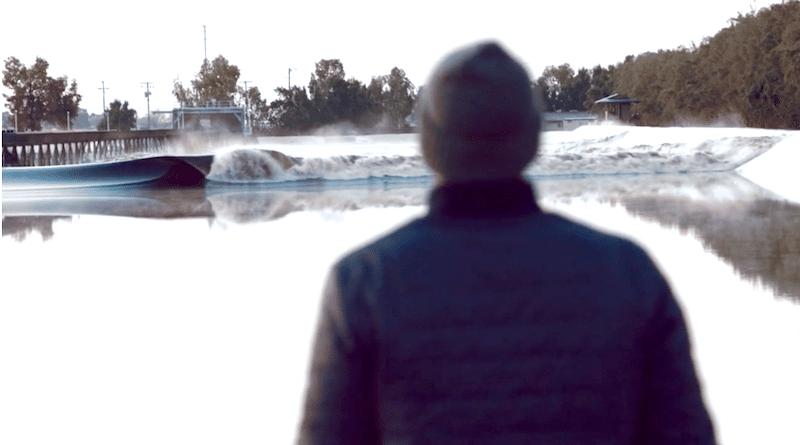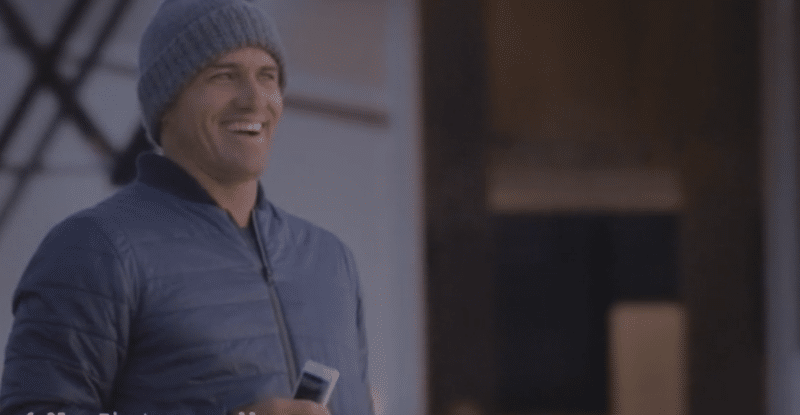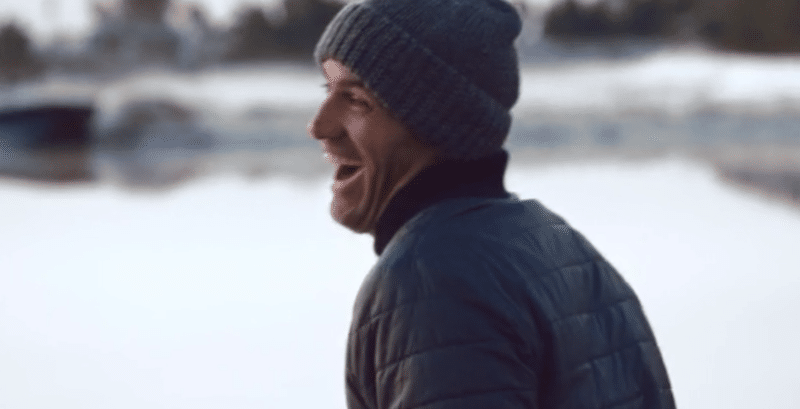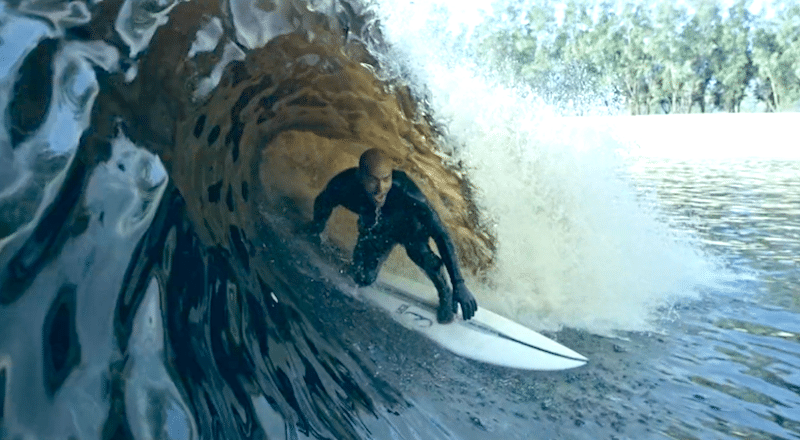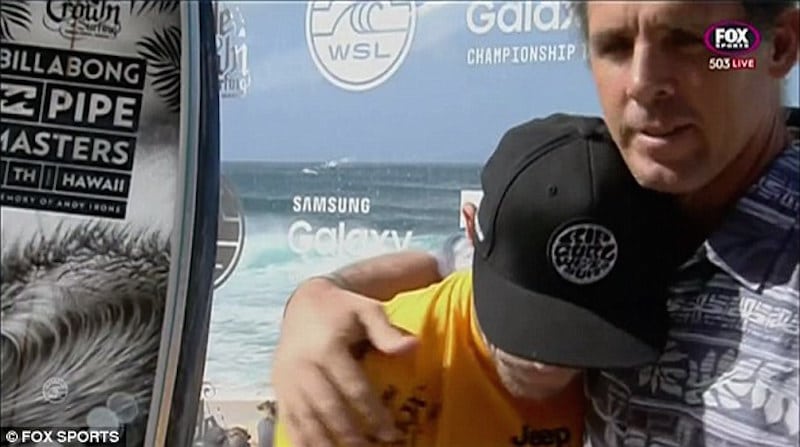Opinions on what should and shouldn’t be reported splits BeachGrit!
Earlier today, BeachGrit reported on the grittier details of Mick Fanning’s brother Peter’s death.
News outlets in Australia and in the UK had quoted a senior police officer confirming the likely cause of death, and BeachGrit principal Chas Smith, who has a commitment to candour, reprinted the uncomfortable news.
I woke to the story all over my Facebook, all over BeachGrit, and it belted me.
In my opinion, it ain’t in BeachGrit’s anti-depressive style to talk about anything that, while titillating and superficially popular, might cause anyone unnecessary grief or suffering.
A man loses his brother? How about we peel back a notch.
In a different context, but one that can be applied with vigour here, the writer Sebastian Junger said: “There are no journalistic ethics that transcend the value of human life. There are none. In a situation where you can save a human life, you must. There isn’t any conflict in my mind.”
Substitute “dignity” for “life” and it fits.
So, Chas and me had a back and forth all morning.
“It became a story because everyone did stories on it but no one looked it in the eye,” Chas texted me. “That’s my opinion. That’s why it ran. ”
As gatekeepers and curators of a thousand potential stories every week, the editor runs a fine line.
Four years ago, I commissioned a story on the photographer Paul Sargeant despite being told he was suicidal and that the story of his sexual assault on a surf journalist would be like pulling the trigger on a gun pointed at his head.
I thought about it for the two years it took Fred Pawle to write one of the better stories ever printed in a surfing magazine. In the end, I felt it was a story the public should know and that any further suppression of it would just prove how shifty and weak surf mags were, are.
Sometimes opening the gate can be a positive experience. Like a story I commissioned, again by Fred Pawle, on surfing’s first openly gay surfer.
As for today’s story, Chas added “I thought lots and lots about it but I could easily be wrong.”
Yeah, we got it wrong. So wrong. Would we write anything for a few hits?
I’m not one for pulling stories (unless I’m going to get my ass sued. Hello WSL.) but this didn’t fit our game.
And so we evaporated it.
Getting it wrong, and sometimes crossing lines, is the messy, noisy, price of candour.
“It’s a demon’s game,” says Chas. “That’s what I thought and thought and thought about. The surf industry sweeps everything under the carpet. It’s what it does and that is fine because feathers don’t get ruffled but what if we all just committed to the truth for once? I get the insensitivity and it made my stomach turn too but son of a bitch. What if someone has a drug problem brother right now who read the piece and maybe thought to go talk to him? Being sensitive is wonderful. But being truthful can also be.”
